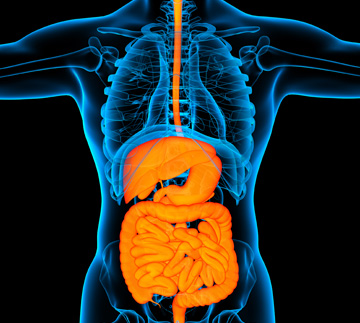
Where the nasty little fekkers like to play
I was recently faced with two events that animated the science journalist in me, opportunities to write compelling stories for the South African media consumer; but instead I chose to walk away. Actually I used another phrase; but more about that later.
The first was when I recently caught an Uber to the airport. I always make a point of chatting with the driver, and on this occasion he was a final year software development student. Interestingly, he had just won a competition to secure an internship with Google at their Googleplex HQ in Mountain View, California. He had designed a piece of software for the iOS platform that could help identify when people using a certain dating site were lying (“I’m an astronaut, nearly 2m tall and built like a Greek god”). My head almost exploded as the story started to scribble away amongst my synapses. In the 15 minutes it took to get to the airport I pommeled him with a barrage of questions.
He was generous with his answers and seemed genuinely excited that a journalist was interested in his story. Importantly for me, he was humble about his achievements. I started making a mental note of people to contact to verify and develop the story, how the narrative could be framed, what emotive triggers I could use to help the reader connect with it, etc. All I had to do was get his number and start with a proper interview over a cup of coffee. But I didn’t ask him for his number; instead I thought, “Nah, fuck it”.
The second was more recent. After my family (including our two dogs) were rendered ‘man-down’ with a rather virulent bout of gastric nastiness I suspected something was amiss, and interrogated a local pharmacist. If this was a bigger issue, there would be a run (‘scuse the pun) on diarrhoea and antispasmodic medication. She confirmed that suspicions were about that a pathogen – possibly an algal toxin – had found its way through Cape Town’s water-supply filtration mechanisms, and was running amok within the gastric passageways of the city’s citizens.
My mind started running like a fishing rod reel feverishly releasing line to a hooked marlin (I do so love my analogies). This was a big story. The implications, if the suspicions were true, were vast. Thousands of people – especially the elderly and very young – were at serious risk: diarrhoea can be a killer. I knew I’d have to contact the local health authorities, speak to a couple of specialists I had in my contacts list, and…then I thought, “Nah, fuck it”.
The unfortunate truth is that I have lost the promethean spark of science journalism that used to burn in my brain. The gradual evisceration of science coverage in the South African printed media*, which I have touched on previously, and which reached a nadir in September last year, has effectively extinguished any interest I have for contributing to the intellectual evolution of the South African media consumer. It seems the lifestyle choices of mindless celebrities and the self-serving machinations of political half-wits are their preferred fodder.
I know this is part of a bigger picture – the evisceration of highly skilled and experienced journalists from mainstream media; but where pseudoscience and misrepresentation of science is spreading like a virus through social media, there’s an urgent need for qualified science journalists to calm things down and provide evidential insight. I don’t see that happening anytime soon.
So, if such stories as the two I have mentioned here pop onto my radar in the near future, begging to be written and shared, unless there’s a sign mainstream media have changed their minds about science, I know what I’ll say to myself.
[*Before I left my position as Media Coordinator for SAASTA, I facilitated a meeting with Combined Artists (the producers of Carte Blanche), which is one of the reasons for the increased coverage of science on the programme. Most credit must go to them for grabbing the ball and running with it.]


I’m sorry to hear your spark is dying! I’m been wondering how South Africa can seek to promote science education and literacy, and to hear that science journalists are struggling with such hurdles is disturbing, to say the least. How can we raise a scientifically literate generation, a generation that is righteously inspired by science? South Africa continually ranks extremely poorly compared with other countries in science and maths (and no one is even asking about philosophy!), and it’s a real tragedy because science (as a way of thinking about the world, and as very real means to community-building ends) is our most powerful tool we can use to leverage the next generation. South Africa is also a religious country that protects cultural relativism and tradition, and science is indiscriminate in its quest to uncover truths about the world around us and how we all came to be outside embarrassing myths and religious and tribal dogma—this scale needs to be recalibrate otherwise, we risk sacrificing true progress for identity politics, pop culture and tradition (“That’s how it’s always been!”). Many South Africa’s immediately plug up their eyes, for example, when they hear the word evolution, and so deny one of our country’s greatest riches; our cradle—there is not even the desire to honestly explore and discuss the issue; instead, misunderstandings and ignorance run wild and the next generation suffers. Science education and literacy are vital to help SA advance and everyone is invited, and—perhaps more importantly—everyone should be demanding more of it!
There are just so many nails you hit on the head here, Chris.